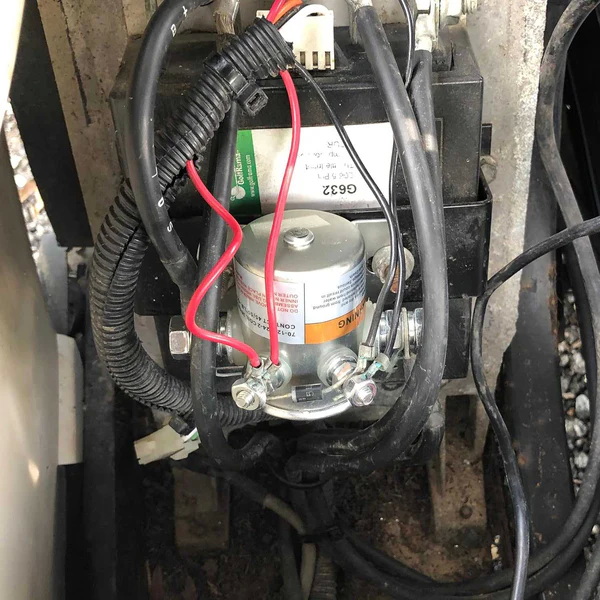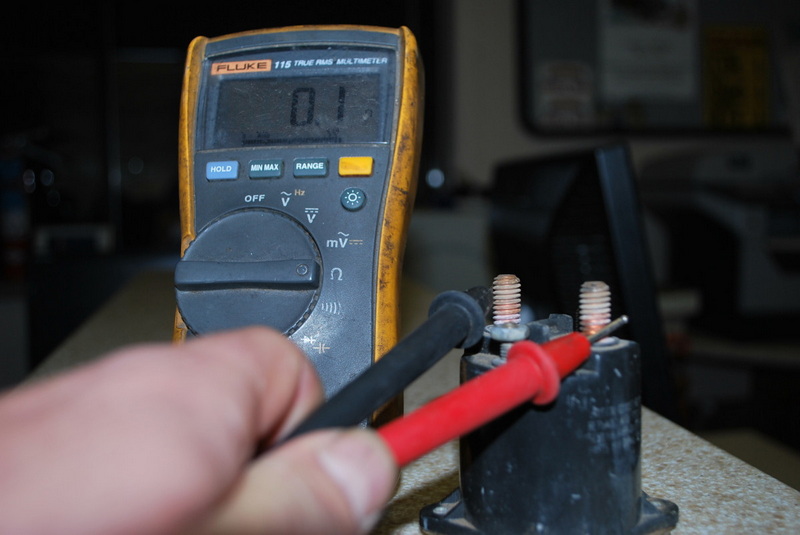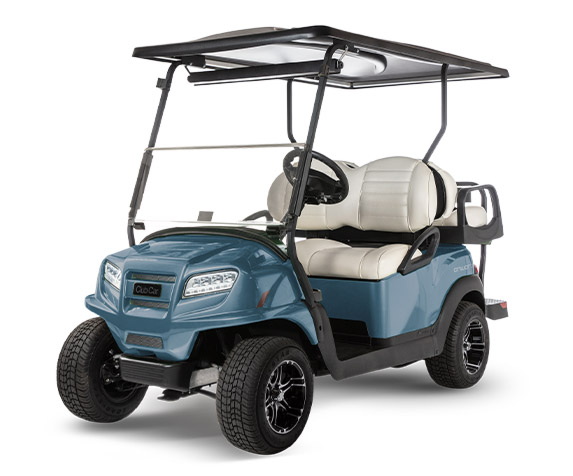Content Menu
● Understanding the Solenoid
>> How Does a Solenoid Work?
● Importance of Solenoids in Electric Golf Carts
● Signs of a Failing Solenoid
● How Solenoids Control Speed and Direction
● Maintenance Tips
● Troubleshooting Solenoid Issues
● How to Replace a Faulty Solenoid
● Conclusion
● FAQ
>> 1. What happens if my golf cart's solenoid fails?
>> 2. How can I tell if my solenoid is bad?
>> 3. Can I replace a faulty solenoid myself?
>> 4. How often should I check my golf cart's solenoid?
>> 5. What tools do I need to replace a golf cart solenoid?
Electric golf carts have become increasingly popular for their efficiency and ease of use. A critical component of these vehicles is the solenoid, which plays a vital role in their operation. This article will explore what a solenoid does in an electric golf cart, how it works, its importance, and maintenance tips to ensure optimal performance.

Understanding the Solenoid
A solenoid is an electromechanical device that acts as a switch, controlling the flow of electricity from the battery to the motor in an electric golf cart. It consists of two main parts: a coil of wire and a movable plunger or armature. When electrical current flows through the coil, it generates a magnetic field that pulls the plunger, allowing or interrupting the flow of electricity.
How Does a Solenoid Work?
1. Activation: When the driver turns the ignition key or presses the accelerator pedal, a small voltage is sent to the solenoid.
2. Magnetic Field Generation: This voltage causes current to flow through the coil, creating a magnetic field.
3. Plunger Movement: The magnetic field pulls the plunger, closing the contacts within the solenoid and allowing electricity to flow from the battery to the motor.
4. Motor Operation: The motor receives power and starts running, propelling the golf cart forward.
5. Deactivation: When the ignition is turned off or the accelerator is released, the current stops flowing, and the plunger returns to its original position, opening the contacts and cutting off power to the motor.
Importance of Solenoids in Electric Golf Carts
The solenoid serves several essential functions in electric golf carts:
- Starting Mechanism: It acts as a switch that enables or disables power to the motor, allowing for safe starting and stopping of the vehicle.
- Safety Feature: The solenoid prevents accidental starting when the key is not in the ignition, enhancing safety for users.
- Control Over Speed and Direction: By regulating power flow to the motor, it helps control how fast and in which direction the cart moves.
- Protection from Overload: The solenoid can help protect electrical components from damage due to overload by cutting off power when necessary.
Signs of a Failing Solenoid
Recognizing when a solenoid is malfunctioning can save you from being stranded on the golf course. Here are some common signs:
- Clicking Sound: If you hear a clicking noise when trying to start your cart but it does not turn over, this may indicate a faulty solenoid.
- No Power: If your cart does not respond at all when attempting to start it, this could be due to a failed solenoid.
- Intermittent Operation: If your cart starts sometimes but not others, it may suggest that your solenoid is overheating or has loose connections.

How Solenoids Control Speed and Direction
A golf cart solenoid plays a crucial role in determining both speed and direction. It acts as an electrical switch activated by pressing down on the accelerator pedal. When engaged:
- The solenoid sends an electrical signal to increase power output from the battery to the motor.
- This increase in current allows for acceleration, while releasing the accelerator reduces power and slows down.
The solenoid also influences steering by communicating with electronic systems that adjust wheel movement based on user input.
Maintenance Tips
To ensure your golf cart's solenoid operates effectively over time, consider these maintenance tips:
- Regular Inspections: Check for signs of wear or damage regularly. Look for corrosion on terminals and ensure connections are tight.
- Cleanliness: Keep the area around the solenoid free from dirt and debris that could impede its function.
- Battery Maintenance: Ensure your battery is fully charged and functioning properly since low voltage can affect solenoid performance.
- Professional Servicing: Have your golf cart serviced by professionals periodically to catch any potential issues before they become significant problems.

Troubleshooting Solenoid Issues
If you suspect that your golf cart's solenoid is malfunctioning, here are steps you can take to troubleshoot:
1. Check Connections: Ensure all wiring connections are secure and free from corrosion. Loose connections can prevent proper operation.
2. Test Voltage: Use a multimeter to check if voltage is reaching the solenoid when activated. If there's no voltage present, investigate further upstream in your electrical system.
3. Inspect for Overheating: If you notice excessive heat or burnt smells coming from your solenoid, it may indicate internal failure or poor connections causing resistance.
4. Listen for Clicking Sounds: A clicking noise without movement often indicates that while power is reaching the solenoid, it's failing to engage fully with its contacts.
How to Replace a Faulty Solenoid
If troubleshooting confirms that your solenoid needs replacement, follow these steps:
1. Safety First: Disconnect your battery before beginning any work on electrical components.
2. Locate Your Solenoid: Typically found near the battery under your golf cart's seat or cover panel.
3. Remove Old Solenoid: Unscrew any bolts holding it in place and disconnect wiring terminals carefully.
4. Install New Solenoid: Position your new solenoid in place and reconnect wiring terminals securely before reattaching any covers or panels.
5. Reconnect Battery: Once everything is back together, reconnect your battery and test if everything functions correctly.
Conclusion
The solenoid is an integral part of an electric golf cart's electrical system. It controls power flow from the battery to the motor, enabling safe operation and enhancing performance. By understanding its function and maintaining it properly, you can ensure that your golf cart remains reliable for years to come.

FAQ
1. What happens if my golf cart's solenoid fails?
If your solenoid fails, your golf cart may not start at all or may have intermittent starting issues. This can lead to being stranded if not addressed promptly.
2. How can I tell if my solenoid is bad?
Common signs include clicking sounds without engine turnover, complete lack of power when attempting to start it, or intermittent operation where it starts sometimes but not others.
3. Can I replace a faulty solenoid myself?
Yes, replacing a faulty solenoid can often be done by someone with basic mechanical skills. However, if you are unsure or uncomfortable with electrical components, it's best to consult with a professional mechanic.
4. How often should I check my golf cart's solenoid?
It's advisable to inspect your solenoid during regular maintenance checks or at least once every season of use to ensure optimal performance.
5. What tools do I need to replace a golf cart solenoid?
Typically, you will need basic hand tools such as wrenches and screwdrivers. Additionally, having safety gear like gloves and goggles is recommended for protection while working on electrical components.











































